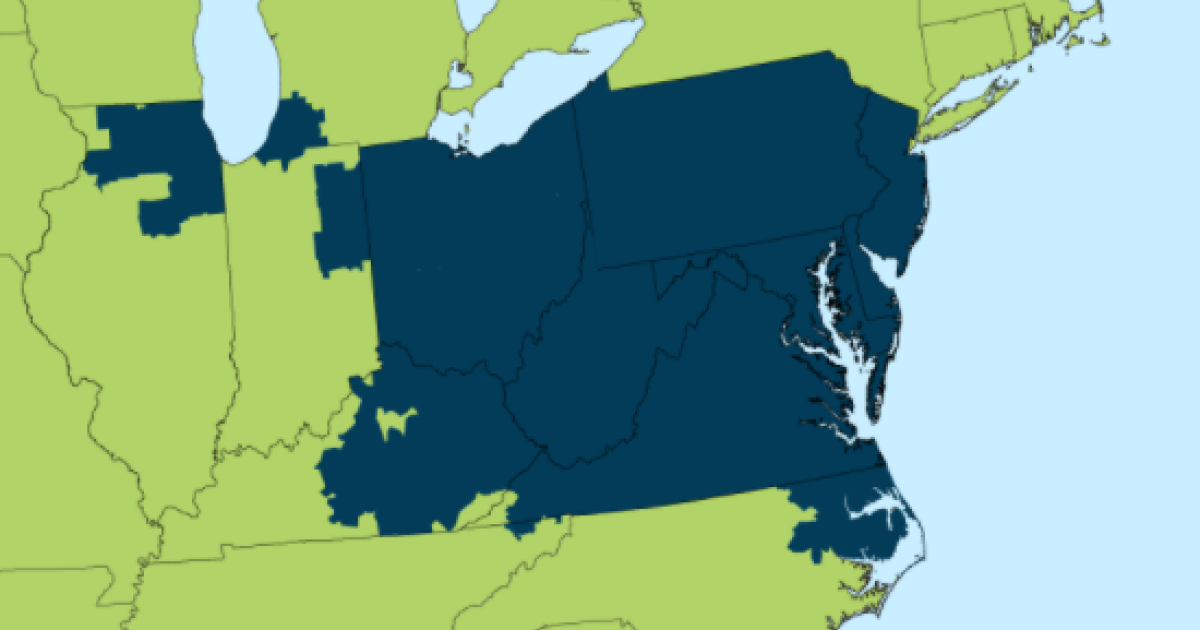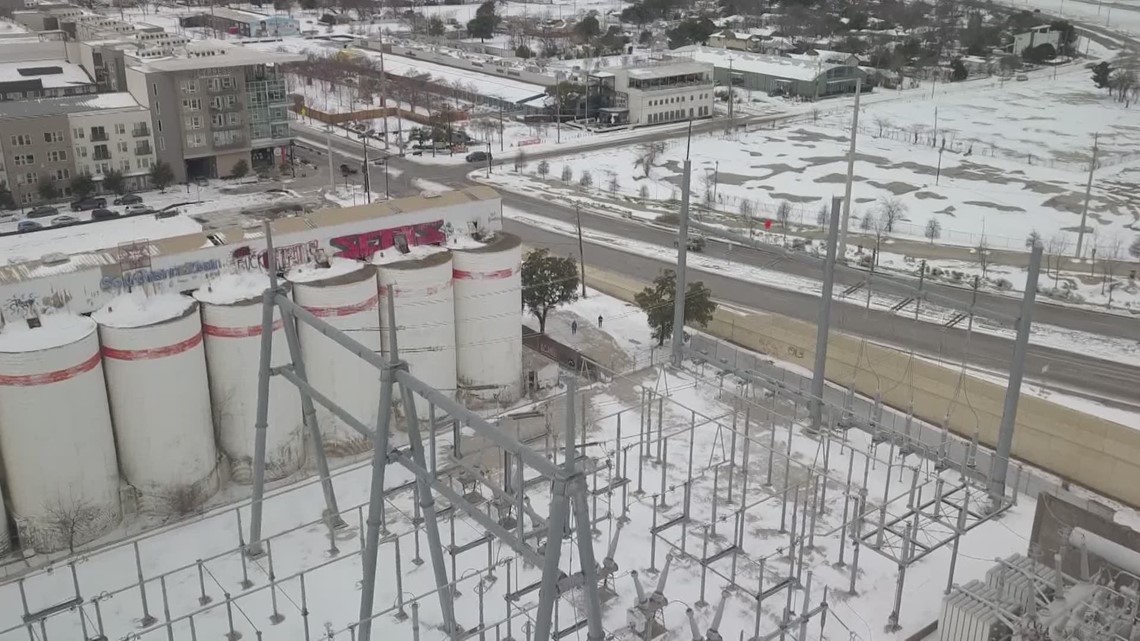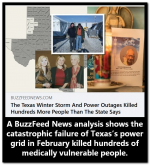I think we can all agree that what happened in Texas was disasterous. I completely agree that
Effective mitigation is I suspect more cost effective than outright prevention of low probability events.
Unfortunately, ERCOT did neither. That was by design. Which was the point of the OP. I'm amused that with your expertise you know so little about ERCOT. They call
themselves brokers. "Reliability" is in the name, and what they don't deliver.
And, while you are correct in many of the generalities, what you've left out of your analysis is exactly what is wrong with it. I suspect that is the result of a large degree of the political predilection you accuse others of. To wit:
But then it wouldn’t be entirely surprising if there were a politicized irrational response from politicians. Been known to happen. Politicians are generally better at throwing buckets of money or regulations at the thing that caused the last problem than ensuring a system is efficient with respect to dealing with the many possible things that could cause the next one.
Here's the thing: ERCOT is a creation of ideological political forces, and its faults are inherent thereto. Yes, energy is a highly regulated industry
in general, but not in Texas, and not in a lot of the particulars which caused the failures here.
What ERCOT didn't do is exactly what you suggest: "ensuring a system is efficient with respect to dealing with the many possible things that could cause the next one." In nearly every other area of the country utilities are
required to maintain reserves of 15% excess capacity, but not in Texas. In most jurisdictions mitigation measures are mandatory, but not in Texas. In most jurisdictions planning revolves around contingency operations (e.g., rolling blackouts), but not under the Texas regime. Yes, utility functions have been decoupled under the ERCOT paradigm, but the individual functionalities have been allowed to become uncoordinated, and
that is by design. Deregulation does not require complete abandonment of the field, but is epitomized by the "hands off" approach Texas politicians have taken. That's why this thread is in this
particular forum, and the point of the OP.
I'm in favor of minimal regulation whenever possible (I spent a good chunk of my career on the regulator side of "regulated industries"), but ERCOT quite obviously has gone too far, and done too little (on purpose). The proof is the contrasting results in eastern edge and western edge Texas - the 10% not covered by ERCOT - that did not suffer catastrophic failures. Yes, integrating power grids brings on certain complications, as the 2003 blackout demonstrated, but it also creates resiliency. That is where the ERCOT paradigm has failed, and has failed repeatedly. They refuse to learn from their mistakes and adjust. That's why I said it is a market failure to begin with. The solution isn't in "the market", it's in
appropriate regulation. On this I think we agree.




